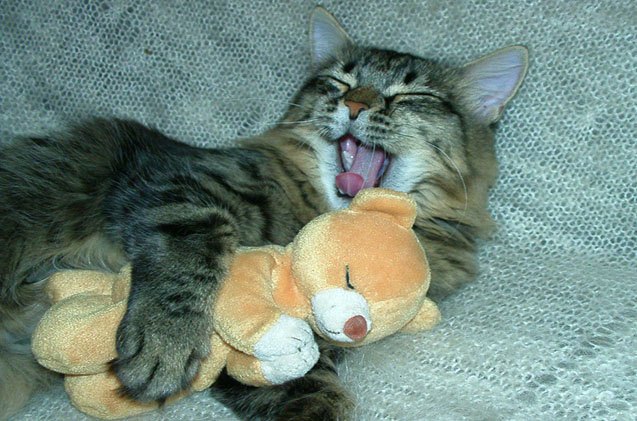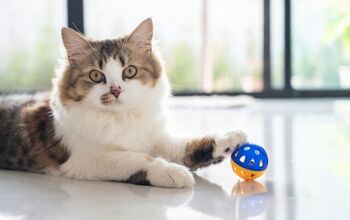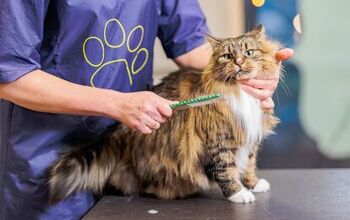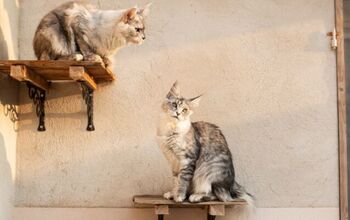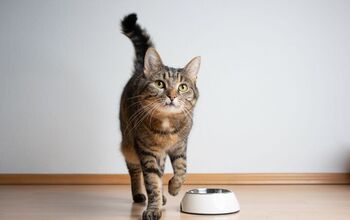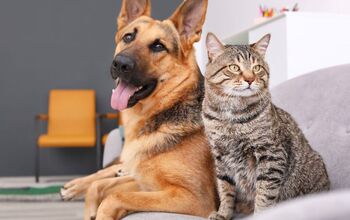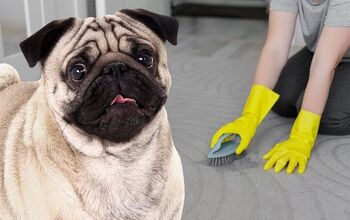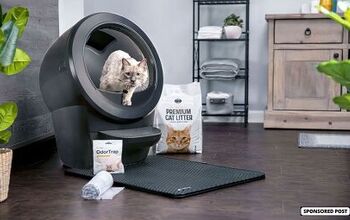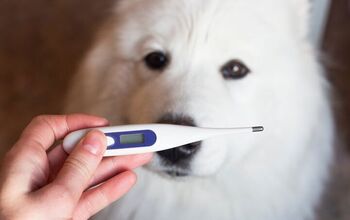Do Cats Snore?

Have you ever been sitting in a quiet room when you suddenly start hearing a strange sound, only to realize it’s coming from your napping kitty? Do cats snore?
Yep, That’s Snoring You Hear
When your cat falls into a deep sleep and becomes completely relaxed, she might start snoring. This may happen once in a while, as opposed to every time your pet goes to sleep, and it is considered normal. It is also probably not a cause for concern if your kitty snores all the time but is not exhibiting any other symptoms that are associated with illness. And if your kitty is otherwise healthy and has always snored, it is likely normal as well.
Related: Why Do Cats Sleep So Much?
Your Cat Might Be Prone to Snoring
Some kitties are more prone to snoring than others. For example, if your cat has packed on too many pounds, she might have a tendency to snore. Being overweight or obese might increase your pet’s risk for other health problems too, so consider helping your kitty lose weight, under the guidance of your veterinarian.
Your cat’s snoring might also be the result of her sleeping in a position that is causing the noisy breathing. So if your pet is often found napping in some pretty odd positions, don’t be surprised if you hear her start to snore.
Related: Do Cats Dream of Chasing Mice and Balls of Yarn?
And if your furry friend is a brachycephalic breed, or one of the feline breeds that have flatter faces, she is also more prone to snoring compared to other breeds. Himalayans and Persians are two examples of brachycephalic breeds, which can develop brachycephalic airway syndrome. These cats feature soft palates that are elongated, as well as nasal passages that are shortened, so they are more likely to be noisy when they sleep.
When Snoring Might Be Related to a Health Problem
If you notice any of the following symptoms, it is recommended that you talk to your vet about your cat’s snoring, as it might be related to a health condition:
- Discharge from one or both nostrils, or discharge from the eyes
- Sores on the nose
- Lethargy
- Changes in appetite
- Swelling of the face
- Coughing
- Sneezing
- Changes in your cat’s voice
- Snoring while awake
Also, if your kitty extends her head and neck straight out or tries to breathe through an open mouth because she is having difficulty breathing, you should see the vet right away, as respiratory distress is an emergency.
These symptoms, and your cat’s snoring, might be caused by a range of conditions that include trauma, asthma, fungal infections, viral infections, bacterial infections, inflammation, laryngeal paralysis, masses or polyps, cancer, and foreign objects in the nose or in the back of the mouth.
Questions About Your Cat’s Snoring? Ask Your Vet
Basically, if your kitty snores lightly while she sleeps and it doesn’t get worse over time, and if she isn’t showing signs of respiratory problems, it likely isn’t a medical issue. But if the snoring gets louder over time or your kitty is exhibiting other signs of illness, it might be linked to a health concern.
If you’re worried or unsure about your kitty’s snoring habits, consult with your vet, who knows your pet best, can properly evaluate her, and can provide treatment, if necessary.

Lisa Selvaggio is a freelance writer and editor, and our resident cats-pert, with certifications in pet nutrition and pet first aid. She enjoys producing content that helps people understand animals better so they can give their pets a safe and happy home.
More by Lisa Selvaggio



